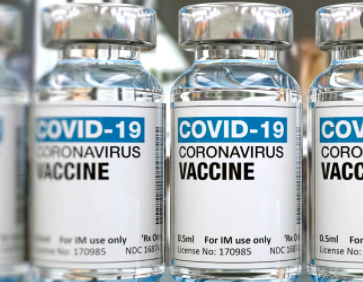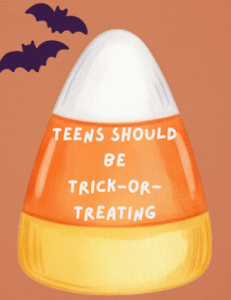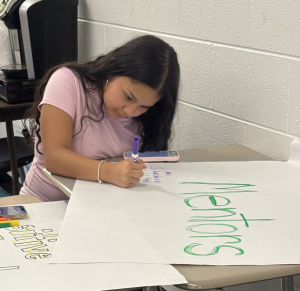COVID-19 Vaccine
Mar 10, 2021
As COVID cases continue to increase around the globe, scientists and medical workers are scrambling to produce a successful vaccine, due to the fact that COVID-19 is a new disease which requires new vaccines. COVID-19 can quickly spread in just 15 minutes; one could extract the sickness from another. COVID-19 has a large range of symptoms, and everyone’s sickness is unique and different from one another. Information is rapidly emerging about how vaccines may help or hurt people, even more, becoming a controversial topic.
The COVID-19 vaccines teach our immune systems how to recognize and fight the virus that causes COVID-19. COVID-19 typically takes a few weeks after vaccination for the body to build protection or immunity against the virus that causes COVID-19. It is understood that this vaccine needs multiple sessions of shots in order to assure that if a vaccinated person were to get COVID-19, they won’t experience any symptoms or their symptoms will be very minor. Experts call this an “asymptomatic infection” because one who is vaccinated is still able to get COVID-19 but the vaccine will work in a way to lessen and decrease symptoms. Both Pfizer and Moderna report that “vaccines show approximately 95% efficacy at preventing both mild and severe symptoms of COVID-19.”
As we know, older adults and people of any age who have serious underlying medical conditions such as heart or lung disease or diabetes seem to be at a higher risk for developing more serious complications from COVID-19 illness.
Living with a mother who has severe asthma, I can understand why so many people fear this virus so deeply and are striving to obtain this vaccine. My mom’s experience getting the vaccine was neutral. She claims the first dose she got was a good experience and she had no side effects. But 21 days after the 1st shot passes and the patient is able to obtain the second dose there are many reports on people feeling ill and sick after their second dose. My mom was one of the many who felt quite ill for a couple of days after getting the vaccine. Some side effects she got included swelling and achiness at the site of the shot, as well as tiredness, chills, headaches and nausea. It is known if you get side effects, they would typically start within a day or two of injection and last a few days. She says “I am content with my choice to get the vaccine even though it was a remotely painful experience.” She explains everyone who gets the vaccine has different experiences and side effects.
Countless students at McIntosh also struggle with this problem or a similar problem. There are many students who have a father, mother, or grandparent who have underlying health conditions and are likely to be affected by COVID. Some students may even have health problems that put them at a high risk. The students at McIntosh struggle to stay safe and keep their families safe from this deadly virus.
According to NPR, data shows that “Since vaccine distribution began in the U.S. on Dec. 14, more than 33 million doses have been administered, reaching 8% of the total U.S. population, according to federal data collected by the Centers for Disease Control and Prevention. The U.S. is currently administering around 1.3 million shots a day.”
Currently in Georgia, “Georgians 65 and older are currently eligible to be vaccinated as part of Phase 1A+ of the state’s multi-phase plan. NPR stats state, as of today (Mar. 8, 2021) 3.4 million doses have been distributed.
Many rumors going through the media involving COVID-19 and the side effects and results. So far scientists and medical researchers have found that the vaccine does not make you immune but rather asymptomatic. There are still many unanswered questions about the long-term effects and mysteries of this vaccine as researchers are still trying to uncover. This vaccine is very complex and hard to understand in simple terms.







